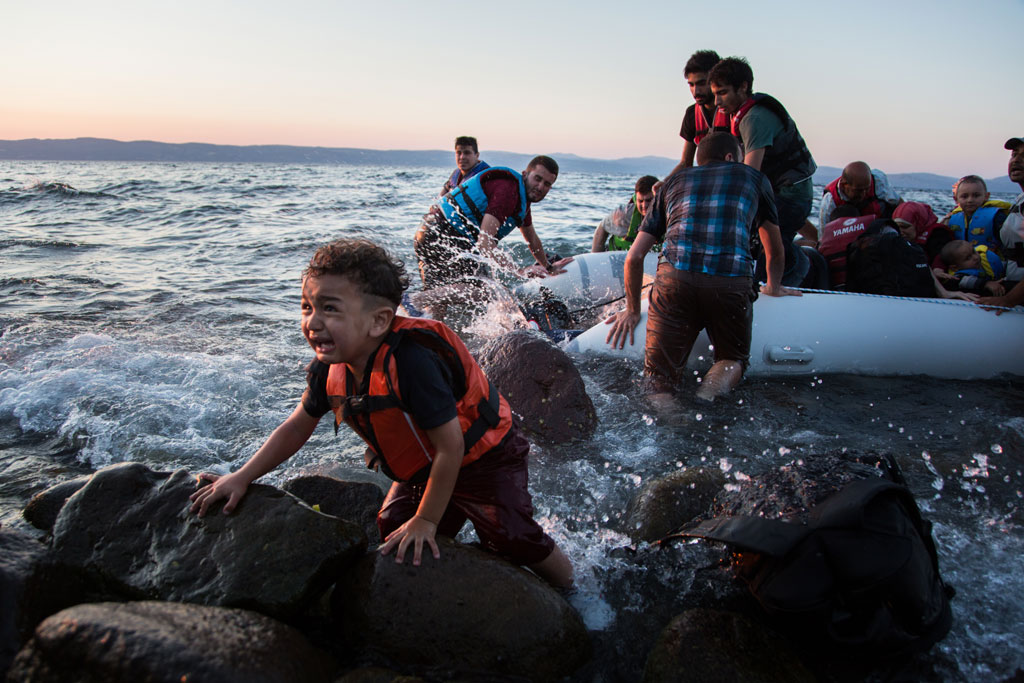Addressing the complexities of international migration policies, preventing refugee crises, improving refugee rights, and enhancing inter-country cooperation necessitates a holistic and multifaceted approach. Current migration policies often fall short due to their reactive nature, focusing more on crisis management than on proactive, long-term solutions. To address these shortcomings, several strategies must be implemented.
First, a critical examination and regular review of existing migration policies are essential. These reviews should be data-driven and involve diverse stakeholders, including refugees, non-governmental organizations (NGOs), and international bodies. This inclusivity ensures a comprehensive understanding of the efficacy of current policies and the challenges faced by refugees, allowing for more informed and effective adjustments.
Preventing refugee crises requires addressing the root causes of forced migration, such as conflicts, persecution, and economic instability. International efforts should focus on conflict resolution, human rights protection, and sustainable economic development in vulnerable regions. Diplomatic engagement, peace-building initiatives, and targeted sanctions against regimes committing human rights abuses can help stabilize regions and reduce forced migration. Additionally, investing in education, healthcare, and infrastructure in at-risk countries can create stable environments, reducing the need for individuals to seek safety and better opportunities elsewhere.
Improving refugee rights is another crucial aspect. The 1951 Refugee Convention and its 1967 Protocol provide a legal framework for refugee protection, but their implementation is often inadequate. Countries must adhere to these international standards, ensuring refugees have access to asylum, protection, and basic services. Strengthening legal frameworks to guarantee refugees’ rights to work, education, and healthcare can significantly improve their quality of life and facilitate integration into host communities. For instance, providing refugees with work permits and access to local labor markets can help them become self-sufficient and contribute to the host country’s economy.
Education plays a pivotal role in improving refugee rights. Ensuring refugee children have access to quality education can break the cycle of poverty and displacement, enabling them to build better futures. International organizations and host countries should collaborate to provide inclusive educational opportunities tailored to the needs of refugee children, such as integrating them into national education systems and offering language support.
Enhancing inter-country cooperation is fundamental to managing migration effectively. Migration is a transnational issue, and unilateral approaches are insufficient. Countries must collaborate to share the responsibility of hosting refugees and managing migration flows. Equitable burden-sharing mechanisms, like the European Union’s relocation and resettlement schemes, can distribute refugees more evenly among countries, promoting solidarity and reducing pressure on frontline nations.
International cooperation can be further strengthened through information sharing and coordinated policy responses. Establishing joint databases and communication channels can help countries track migration patterns, identify emerging crises, and respond swiftly. Multilateral agreements and regional frameworks, such as the Global Compact on Refugees adopted by the United Nations in 2018, provide the necessary structure for such cooperation.
In conclusion, addressing the shortcomings of international migration policies, preventing refugee crises, improving refugee rights, and enhancing inter-country cooperation requires a comprehensive and proactive approach. Regular policy reviews, addressing root causes of forced migration, strengthening legal protections for refugees, and fostering robust international collaboration can help manage migration flows more effectively, protect vulnerable populations, and promote global stability and development.


